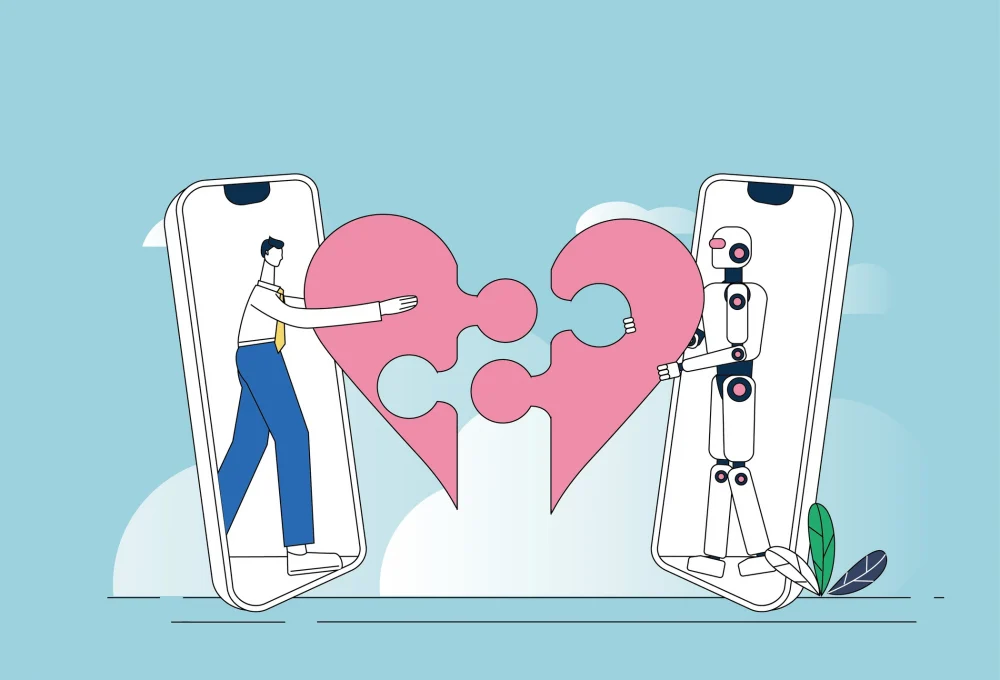Is it possible to develop an emotional attachment to AI tools?

Do People Form Emotional Bonds with AI Tools?
Yes, they do! Recent advancements in AI chatbots like ChatGPT and Grok have shown that many users develop emotional connections with these generative artificial intelligence tools. These technologies provide significant conveniences and assist users in tackling complex tasks, leading to feelings of attachment. The self-learning features of these AI applications can sometimes create the illusion of consciousness, making users more likely to perceive them as companions. For instance, a Google engineer was suspended in 2022 after claiming that a chatbot had achieved a level of sentience, displaying human-like thoughts and reasoning.
How AI Might Influence Future Relationships
With continuous advancements in AI and robotics, it’s becoming increasingly plausible that humans will form active relationships with robots in the near future. Studies indicate a worrying trend where individuals, both men and women, are opting for adult content websites instead of engaging in face-to-face relationships. This pattern suggests that technology is already starting to replace genuine human interactions and assist people in dealing with feelings of loneliness. The prospect of owning a robot that can walk, mimic human behavior, and adapt to an owner’s preferences might be appealing to some, while simultaneously frightening to others. As technology progresses, it’s likely that emotional dependence on AI tools will only deepen.
AI Companions in Daily Life
ChatGPT and Grok aren’t the only AI tools that users may feel a connection with. Home assistants, such as Google Home and Amazon’s Alexa, can also create a sense of belonging within families. When Alexa was first introduced, many users formally recognized her on social media as a member of the family, listing her as a child or even a newborn. Although manufacturers might not have anticipated this development, these home assistants have filled emotional voids for some individuals. The introduction of Alexa+ has made this interaction more engaging, with improved conversational abilities and personalization, transforming how families relate to their AI assistants.
Understanding the Dark Side of Emotional Bonds with AI
Attachment is not limited to virtual tools; people also form emotional connections with objects such as cars, clothing, and even cosmetics. There’s a notable trend of individuals feeling attached to celebrities, particularly in the United States. However, these one-sided relationships can be exploited, as seen in the case of a woman in France who lost nearly a million dollars to a scammer impersonating Brad Pitt. Vulnerable individuals, especially the elderly, can easily fall victim to scams, where online criminals build a rapport before defrauding their targets.
AI chatbots can unfortunately enhance the sophistication of these scams. In earlier times, recognizing a scam email was relatively easier. Today, with the advancements in generative tools, fraudsters can craft messages that sound like they are from educated, native speakers, making it much harder for people to distinguish between legitimate communication and deceitful attempts.
It’s crucial for users to remember that interacting with AI-powered chatbots can be entertaining and educational, but they are not replacements for professional therapists. ChatGPT, Grok, and similar tools are primarily designed for conversation. Fortunately, the latest antivirus software is becoming more adept at recognizing potential scams, offering additional protection for users.






